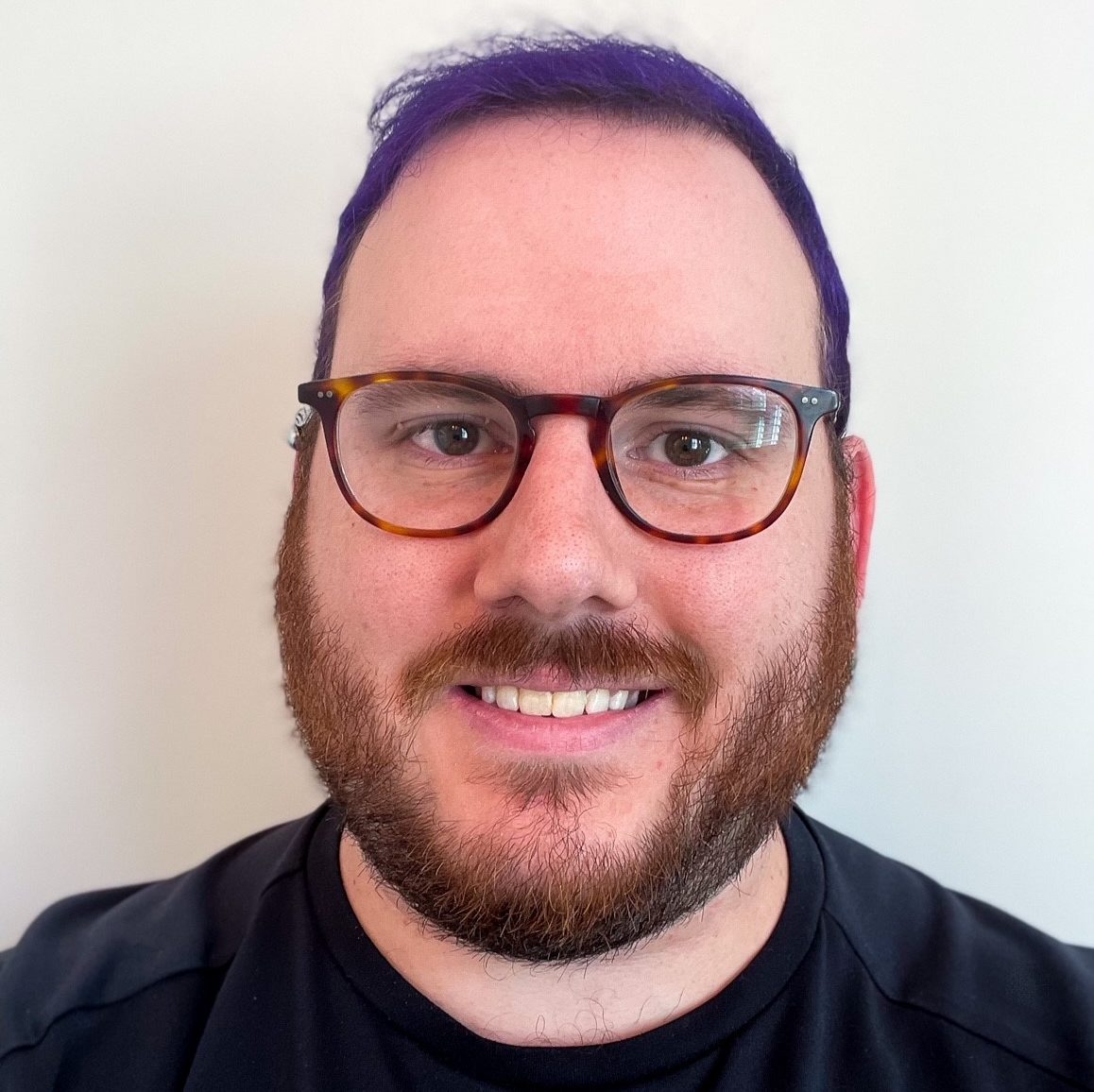Experiencing the “Skyland Trail Magic”
My name is James. I was diagnosed with severe depression a little over a decade ago, and this, my second major episode, began near the end of 2019—just a few months before COVID-19 turned the world upside down. I was already considered treatment-resistant after my first four-year episode, so we had to pull out the big guns. But I failed to respond to every medication combination, two rounds of transcranial magnetic stimulation (TMS), and ketamine therapy. After almost dying from complications during an electroconvulsive therapy treatment, I decided to finally look at residential treatment.
I had always seen it as a last resort due to the cost and my aversion to the feeling of confinement I had experienced during inpatient stays. But I was close to my out-of-pocket maximum, so I thought insurance was going to cover most of my treatment at Skyland Trail. It seemed like an easy decision, considering I was at the end of my rope and had no other options. I was having intense, constant suicidal ideations, and I knew a program like Skyland Trail was my only chance at staying alive.
It’s important to note that, despite my depression, I am usually calm and very rarely over-emotional. Part of what made my suicidal ideations so insidious was that they weren’t reactive or emotional, but a cold, rational decision based on the realities of my chronic mental illness, my inability to thrive, and other circumstances outside my control. So the staff at Skyland Trail South were understandably very flustered to find me after classes a few months into treatment sobbing and screaming my throat raw into my pillows. I had found out that my insurance had stopped paying for residential treatment at Skyland Trail, and that my parents were paying out of pocket.
All I could think about was that if my insurance didn’t care whether I lived or died, why should I?
Today, I am thankfully in a very different place.
My depression is still present, but greatly alleviated and infinitely more manageable. I am even preparing to go back to college in a few weeks and pursue my passion in environmental science and sustainability. Some combination of rarely-used medication, TMS, psychotherapy, and the “Skyland Magic” has given me my life back. But I couldn’t have known that when I was two months in, still unresponsive to treatment, and struggling to come to terms with putting a price tag on my life.
I will be forever grateful for Skyland Trail providing financial aid to me and my family at that moment. I know my parents would have paid anything to keep me alive, but when you are suicidal and feel worthless, $100,000 in medical debt doesn’t feel justified. The aid we received helped me come to terms with seeing this as an investment in a positive future for myself, instead of a burden I’d spend my life trying to make up to my parents.
I also know that I am extremely privileged to have parents with the means to pay the remaining balance. There are far too many people in the United States for whom this level of care, or any mental health care, is simply inaccessible. Which is a shame. I believe the holistic model at Skyland Trail is how all mental health concerns should be treated.
I recognize that it is a balancing act. The “Skyland Magic” that I mentioned before—the top-notch treatment team; the residential setting, socialization, and sense of community; the incredible amount of opportunities for art; music therapy; the greenhouse and beautiful natural surroundings; sports and Healthy Challenge; healthy, thoughtful meals; the outings and activities—I’m not sure I would have recovered without all these things in place. The fun, the creative expression, the opportunities to challenge yourself without fear of judgment. These are just as critical as medications, cognitive behavioral therapy, and dialectical behavior therapy in building mental wellness. They are also the things that rack up the daily price tag for treatment. It’d be a wonderful world if we could just provide free services to everyone who needs it.
But while that may not be realistic, I encourage you to err on the side of generosity when it comes to providing aid to people in treatment for mental health. For someone like me, it could mean dropping out of the program early and never experiencing the huge, life-saving turnaround that I was poised to make.

